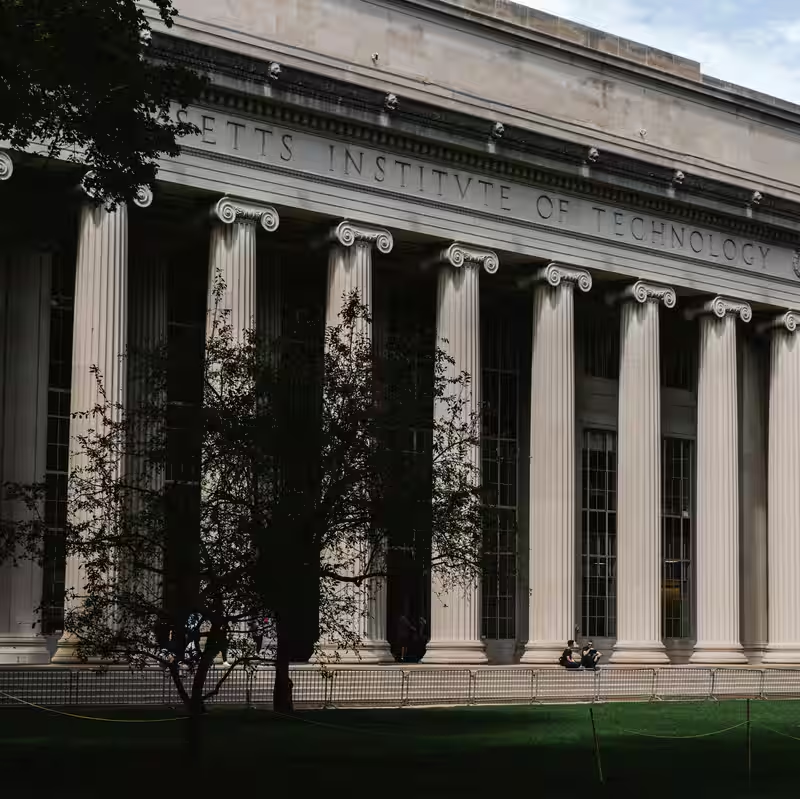Table of Contents
- M.I.T. Says No to Trump Administration Offer
- What Was in the White House “Compact”?
- Why M.I.T. Took a Stand
- The Eight Other Universities in Play
- Academic Freedom vs. Political Conditions
- Broader Implications for Higher Ed
- Sources
M.I.T. Says No to Trump Administration Offer
In a bold move that has reignited debates over academic independence and political influence, the Massachusetts Institute of Technology (M.I.T.) has become the first university to publicly reject a White House offer of preferential federal funding—tied to a controversial agreement aimed at promoting “viewpoint diversity” on campus.
The Trump administration had invited nine elite institutions to sign a so-called “Campus Compact,” promising streamlined research grants, relaxed compliance reviews, and priority access to defense and tech funding in exchange for commitments to protect conservative voices, limit DEI (Diversity, Equity, and Inclusion) mandates, and adopt “viewpoint-neutral” hiring practices.
M.I.T. declined—citing concerns over government overreach and the integrity of academic self-governance.
What Was in the White House “Compact”?
Leaked details of the proposed agreement reveal several key conditions:
- Publicly affirm protection of “all political viewpoints,” especially conservative ones
- Reduce or eliminate mandatory DEI training for faculty and staff
- Submit annual reports on campus speech incidents to the Department of Education
- Give federal agencies veto power over certain curriculum changes in federally funded programs
In return, signatories would receive expedited grant approvals, reduced audit frequency, and eligibility for a new $500 million “Innovation & Ideological Balance” fund.
Why M.I.T. Took a Stand
In a statement released October 10, 2025, M.I.T. President Sally Kornbluth emphasized institutional neutrality: “Our mission is to advance knowledge—not to enforce political balance. Academic freedom means protecting inquiry from both censorship and coercion, including from the government.”
She added that while M.I.T. “welcomes diverse perspectives,” it cannot accept “external mandates that compromise our autonomy or imply that intellectual merit is secondary to ideological representation.”
The decision was reportedly unanimous among M.I.T.’s governing board—a rare show of unity on a politically charged issue.
The Eight Other Universities in Play
The White House has not named the other eight schools invited to join the compact, but sources familiar with the outreach confirm they include a mix of public and private institutions known for strong federal research ties—such as Stanford, Georgia Tech, and the University of Michigan.
None have publicly accepted or rejected the offer yet. But M.I.T.’s refusal may embolden others to push back, especially as faculty senates at several schools have already passed resolutions opposing “politically conditional funding.”
Academic Freedom vs. Political Conditions
Critics argue the compact weaponizes funding to reshape campus culture. “This isn’t about free speech—it’s about ideological compliance,” said Dr. Elena Martinez, a higher education policy scholar at Harvard. “Once you let the government dictate what ‘balance’ looks like, you’ve crossed a line.”
Supporters, however, claim universities have become hostile to conservative thought. “If elite schools won’t voluntarily protect dissenting views, maybe incentives are necessary,” said a senior White House advisor who requested anonymity.
Broader Implications for Higher Ed
M.I.T.’s stance could set a precedent. With over $2 billion in annual federal research funding at stake across the nine schools, the compact represents a significant test of whether universities will trade autonomy for financial advantage.
Legal experts note that while the government can attach conditions to grants, those conditions must be “reasonably related” to the funded activity. Mandating speech policies campus-wide may not meet that standard—potentially opening the door to lawsuits if other schools sign.
For now, M.I.T. has drawn a line in the sand: knowledge first, politics never.
Sources
M.I.T. Rejects a White House Offer for Special Funding Treatment – The New York Times




